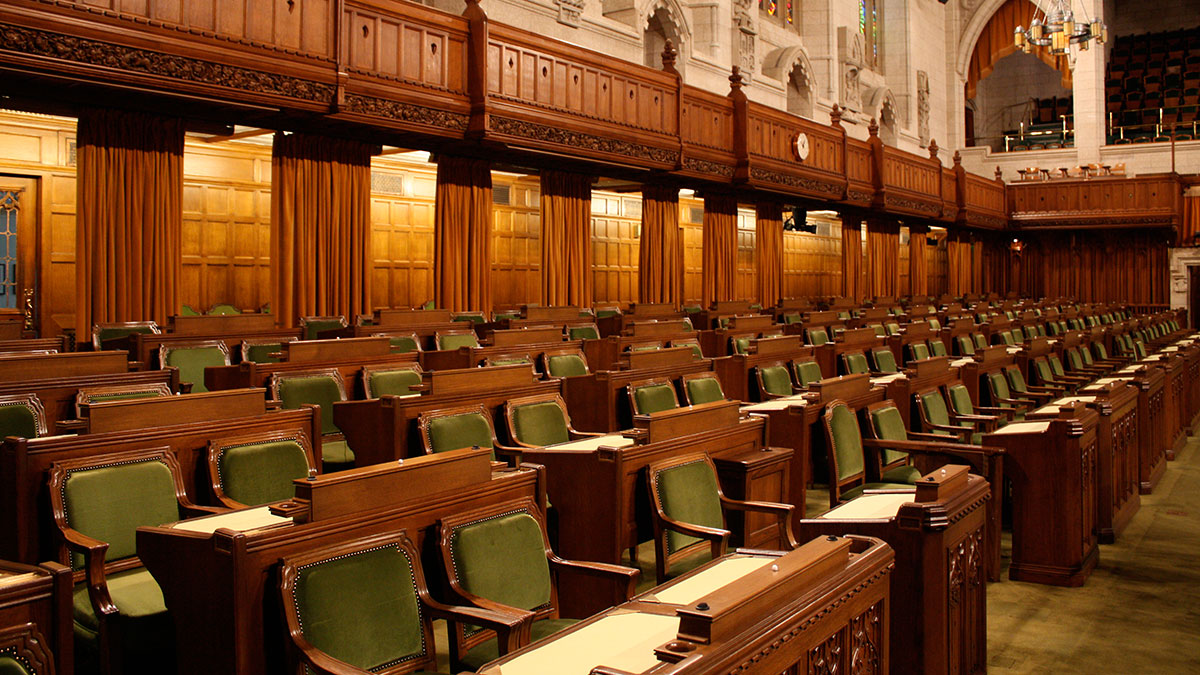 Supplied
SuppliedPrime Minister Mark Carney and Minister of Finance François-Philippe Champagne have proposed the new 2025 Canadian budget, but not everyone is happy with the debt. The opposition leader for the Conservative Party of Canada (CPC), Pierre Poilievre, has been against the budget from the beginning. The Green Party, Bloc-Québécois Party, and New Democratic Party (NDP) have issues with the budget but are likely to vote it through. Still, controversy has arisen due to Canada’s debt, which jumped to roughly $78 billion according to the budget. This debt is good debt, though.
Every country has debt. Some debt is better than others, though. The debt Canada has acquired recently is not the end-all-be-all. Canada has one of the smallest net-GDP to debt ratios at 13.3 per cent within the G7. This means that borrowing costs remain low. Our AAA rated economy also keeps costs down. So why do Canadians feel they have no purchasing power? The fact is that the former Prime Minister Justin Trudeau’s government didn’t know where to invest.
We are still very early into the Carney administration. Many of the practices that Trudeau implemented are still in effect. Past budgets included. Trudeau’s budget was geared towards social program spending over investments. In 2023, Statistics Canada found that Trudeau’s government reached a spending record high. This new budget under Carney is self-described as “generational investments.” But now they need to get it voted through.
The Liberal Party of Canada has a minority government, which means that it needs votes from opposition parties to have changes passed through parliament. As of November 16, the budget has gone through two votes of confidence. Both the NDP and Bloc have given their votes to help the Liberal government. But only as a way to stop the Conservatives.
Before the budget came out, Poilievre said that he would support the bill under certain circumstances. He would support it if it brought down prices for average Canadians, and if the national debt stayed below $42 billion. And with the debt jumping to nearly $80 billion, Poilievre and his Conservative party were sure to vote no. But is this debt as serious as they say? I don’t think so.
Defining an economy is no easy task. Especially in the context of everyday people. Much of the spending is on the basis of capital investments. According to the budget, this is $280 billion over five years for things like infrastructure, housing, and defence. The goal is that these investments will then offset the day-to-day expenditures and grow the economy. This is all according to the proposed budget — straight from the page. But this just scrapes the surface of the plans in place to grow Canada’s economy.
There is no right or wrong way to budget for a country’s economy. There are some basic principles to follow, of course. But nothing is inherently right or wrong because the world’s future cannot be predicted. Some actions that seem insane at one time are justified in another. Think of the debt acquired and the spending that took place during the pandemic. Doing that now would be quite obviously ridiculous. The point being that this budget is taking into account the ongoing trade war happening, as well as the uncertainty for its future. And as such, more debt isn’t as dire as the Conservatives make it out to be.




